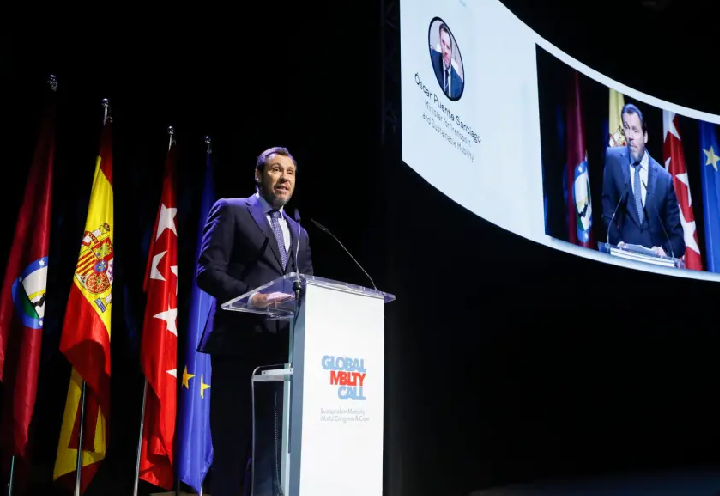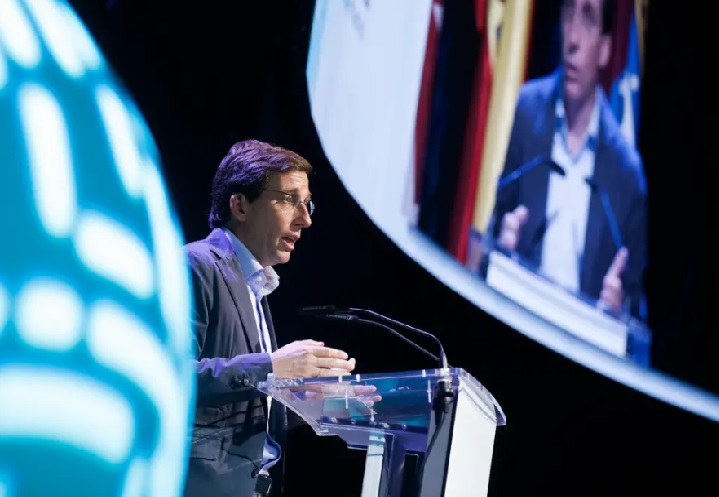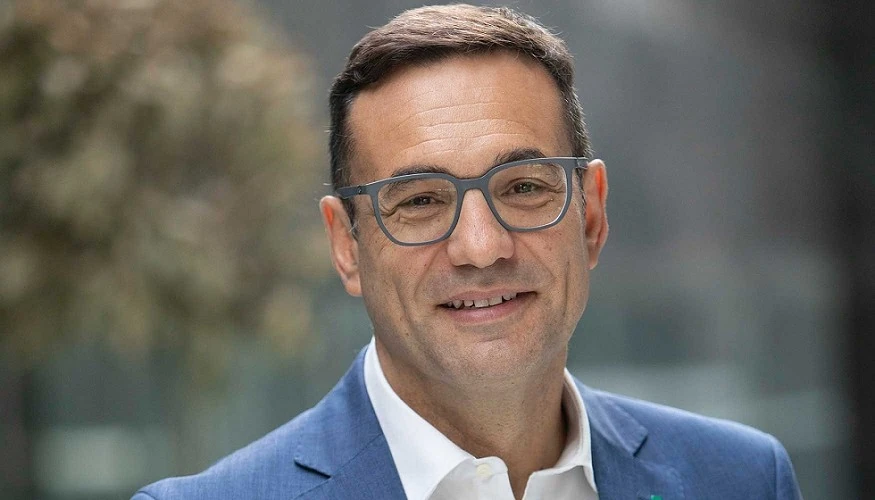Félix Pérez-Fajardo, Commercial Manager of the Global Mobility Call (GMC), the leading international event on sustainable mobility, has been working in this field for over a decade.
His expertise in international trade and trade fair organisation initially led him to work at IFEMA, where he focused on the fashion sector.
However, since 2016, he has concentrated on coordinating automotive events, including exhibitions on public transport and aftermarket solutions.
Notably, the third edition of GMC took place from 19–21 November 2024, with the next edition scheduled for late 2025.
In this context, Pérez-Fajardo shares with Mobility Portal Europe the key takeaways from the latest edition and explains what is needed to continue driving e-mobility forward.
What sets Global Mobility Call apart from similar events?
The cross-sector dialogue and public-private cooperation are what distinguish us, as we have institutional participation that no other event can match.
The Ministers of Transport from Spain and Belgium attended, along with representatives from the Community of Madrid, Madrid City Council, Spain’s Directorate-General for Traffic, and other institutions and companies from around the world.
It is crucial for political figures to attend these kinds of events…
Absolutely. We will only advance mobility with strong and well-coordinated public-private cooperation, where companies provide solutions, and governments and institutions—both locally and internationally—implement policies, regulations, and investments.


This is why GMC connects all industries and stakeholders in the sector…
Exactly. We bring together over 15 sectors, as Global Mobility Call was conceived as a cross-sector event.
It’s not about focusing on a single topic or discussing cars or buses extensively in isolation but rather bringing them together to foster dialogue and networking among various stakeholders and offering diverse solutions.
The only way to move mobility forward is collectively.
What is the significance of these types of events for Spain?
Spain is one of the world’s leading automobile manufacturers and has been steadily gaining prominence in the field of mobility.
In this context, the event organisers, in collaboration with the Ministry of Transport and Sustainable Mobility, aim to establish a new mobility hub that generates business, wealth, and the ability to export business models.
Developing this is essential for Spain.
Yet GMC aims to have an international reach…
The way we structure our content, communicate, and run our campaigns makes it an international event.
In the last edition, we took a step forward by hosting a significant number of speakers from diverse parts of the world.
We welcomed industry leaders from Latin America, including Chile, Colombia, Mexico, and Uruguay; the United States, with representatives from Boston, Chicago, and Cincinnati; and across Europe.
How would you assess the latest edition of GMC?
I can only express satisfaction because that’s the feedback I’ve received from exhibitors and our partners.
We had a strong turnout of visitors, including representatives from key institutions driving mobility development in Spain and across Europe.
Moreover, we offered a comprehensive programme of sessions that was a great success, both in attendance and in the topics discussed.
What can we expect from the next edition?
We will host Global Mobility Call next year from 28–30 October at IFEMA Madrid.
We look forward to welcoming all mobility professionals.








